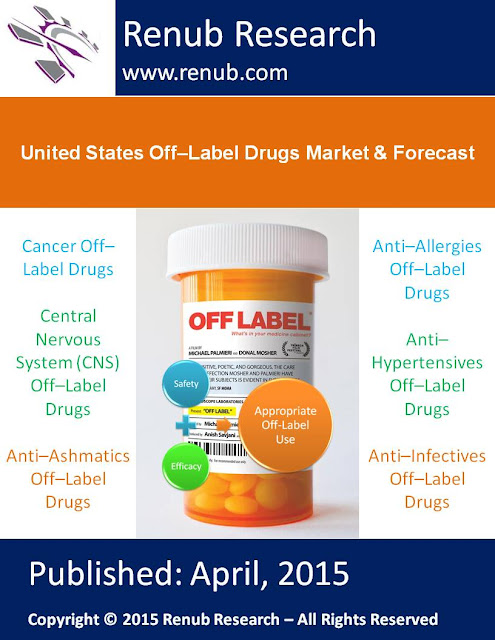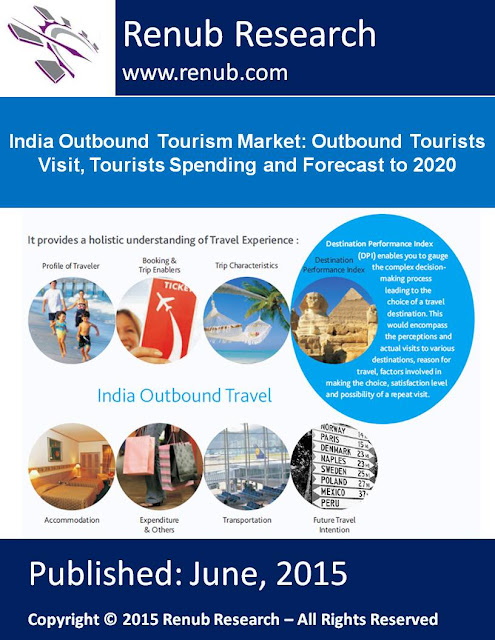Global - Automatic/Self Driving Car Market Opportunity
An autonomous car, also referred
as a driverless car, self-driving car, or robotic car is an autonomous vehicle
having the transportation capabilities of a traditional car. A self driving can
drive itself from Point A to Point B with no manual input from the driver. An
autonomous vehicle uses a combination of cameras, radar systems, sensors, and
global positioning system (GPS) receivers to determine its surroundings and
uses artificial intelligence to determine the quickest and safest path to its
destination. To sense their surroundings autonomous vehicles uses techniques
such as radar, LiDAR, GPS, and computer vision. Mechatronic units and actuators
allow the “brain” of the car to accelerate, brake, and steer as necessary.
Advanced control systems interpret sensory information to identify appropriate
navigation paths, as well as obstacles and relevant signage. The development of
self-driving cars and their precursors has been embraced by some of the giants
in the global automotive industry, including GM, Toyota, BMW, Audi, Volvo, and
Nissan, which have plans to make the technology available across its entire
product line sometime in the next decade. The only self-driving vehicles that
are commercially available (as of 2014) are open-air shuttles for pedestrian
zones that operate at 12.5 miles per hour (20.1 km/h).
Several major companies are
developing self-driving cars in recent years including General Motors,
Mercedes-Benz, Nissan and other non-auto manufacturers in addition to
Google. In general, self-driving cars
have only been approved for testing on Public roads within a very limited
number of States (California, Florida, and Nevada recently). Thus far self-driving cars have logged many
100,000’s of miles without one single reported accident. These outcomes should help facilitate
beginning the new technology approval process for Public/Privately
owned-operated self-driving cars in many or most States within possibly the
next several years.
The software will be the major
competitive differentiator in the self-driving vehicles market as it is
expected to capture the largest share of the autonomous car opportunity market.
The software opportunity in autonomous cars is anticipated to grow rapidly,
offering software powerhouses such as Google and IBM a lucrative opportunity.
For automakers, varying software will be a unique competitive differentiator as
well as a crucial safety tool. Computer hardware is predicted to be second
largest segment in 2030. In the year 2030, Optical camera is likely to hold the
third spot being followed by Radar. Car makers profit share in the self driving
car opportunity market is expected to be around 10% in the year 2030.
The global self driving car market opportunity is expected to more than double during the period 2020 -
2030. The opportunity in autonomous vehicles will initially be led by the North
America, China and Europe. North America
is forecasted to account for maximum share of worldwide sales of self-driving
cars with human controls (level 4) and self-driving only cars (level 5) in 2035. China is anticipated to capture the second
largest share in 2035. Western Europe is anticipated to account for around 20
percent of the total self driving car in the year 2030.
The self-driving car is now
moving from research lab to product plan, with a wave of advanced features due
to hit the market by 2020. Tesla's Model S is anticipated to gain some
"autopilot" functionality early in 2015. Google is looking for
partnering with car manufacturers to bring its own driverless car to market
within the next five years. As with every new technology, the cost during the
introduction is higher and affordable to a limited number of people, so it is
expected that as the time passes the technology will be cheaper and automatic
car will be affordable to a large number of people. During the year 2020 –
2025, the automatic vehicles sales are predicted to grow with a compound annual
growth rate (CAGR) of around 5%. From
the year 2025 to 2035, the automatic vehicles are expected to grow with a
handsome CAGR of around 48%. The reason behind this growth is that from the
year 2025 onwards many players are anticipated to offer self driving car into
the market. Also, the regulatory authorities of various nations are expected to
give green signals to the automated vehicles.




Comments
Post a Comment